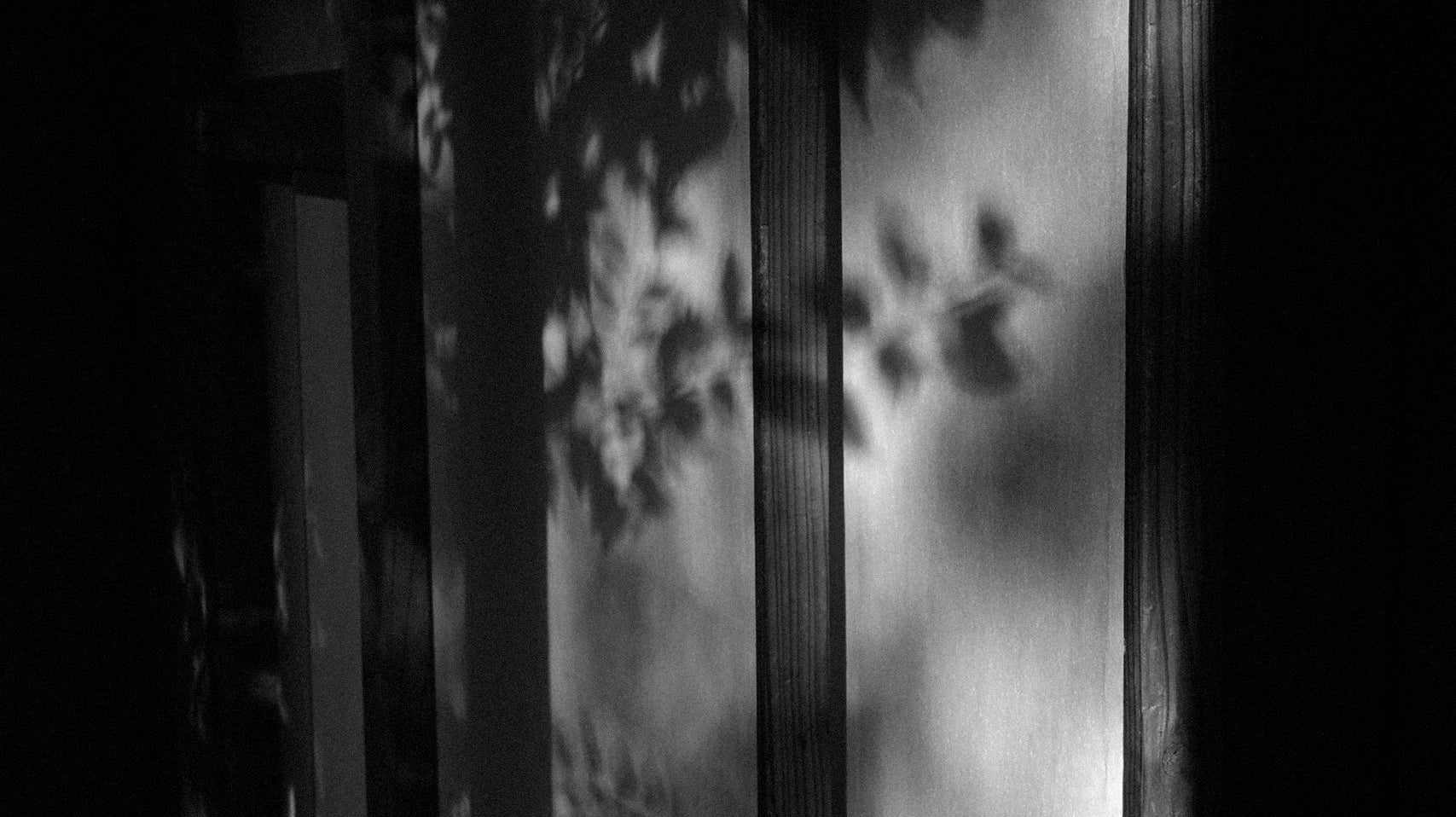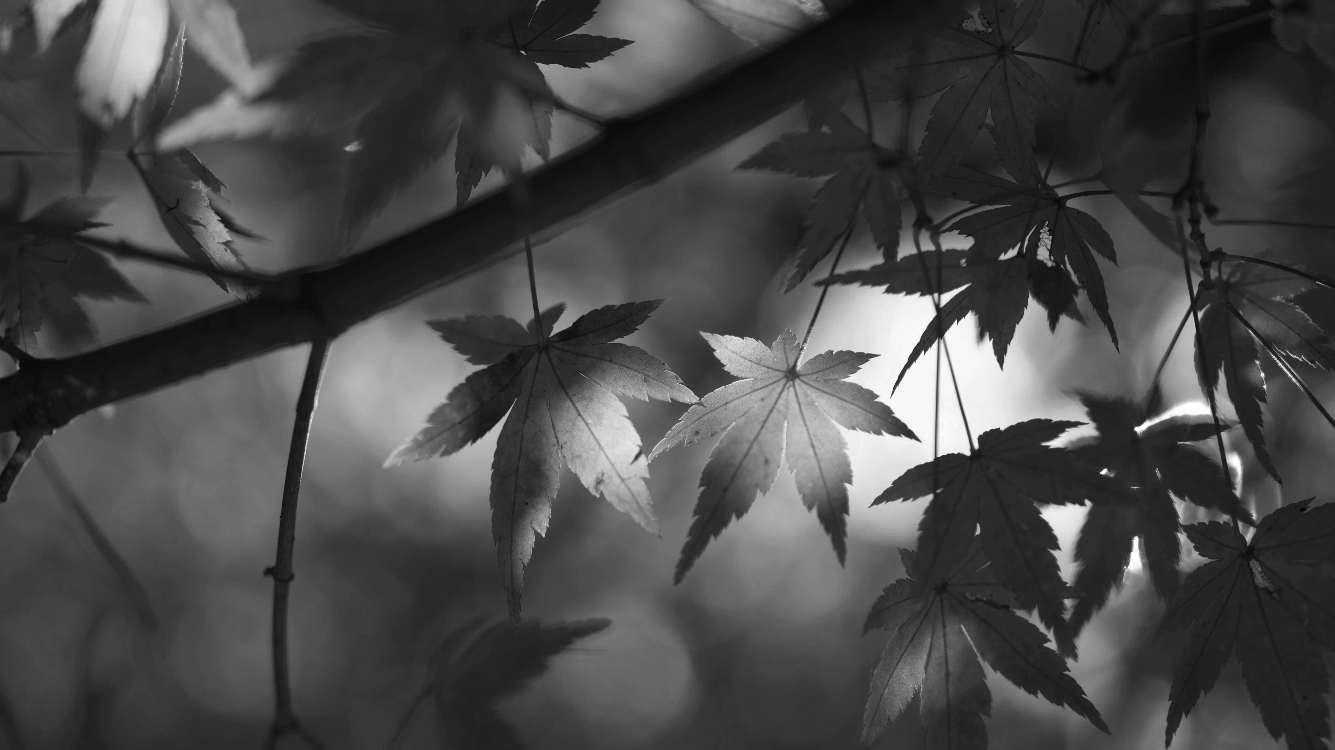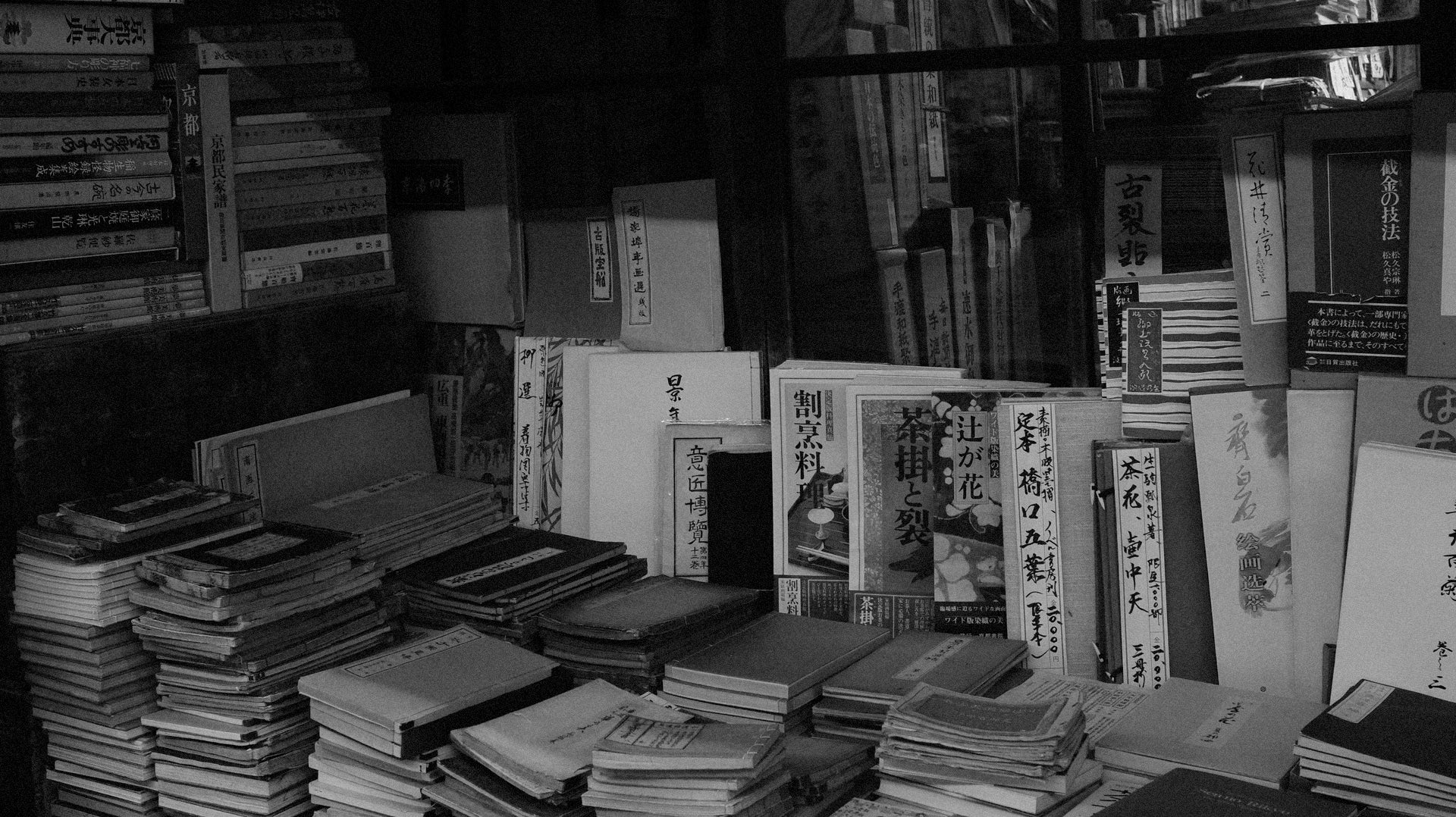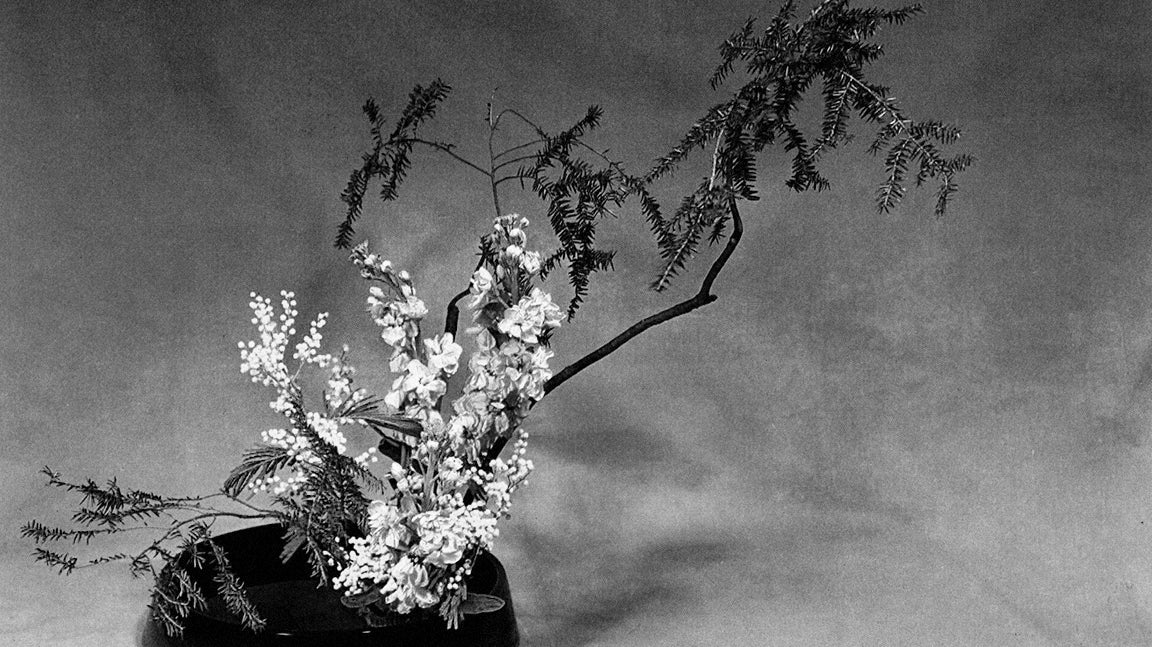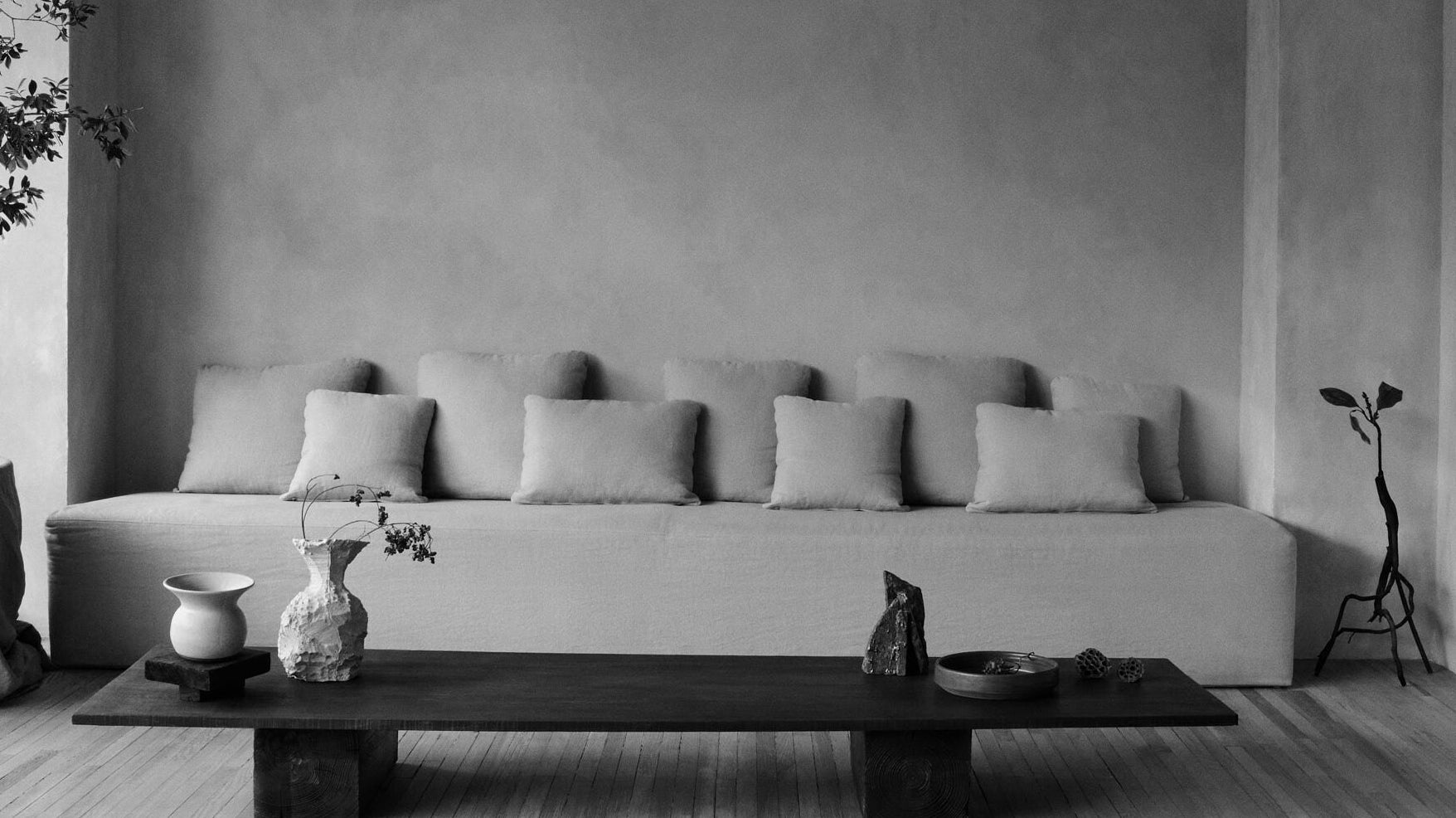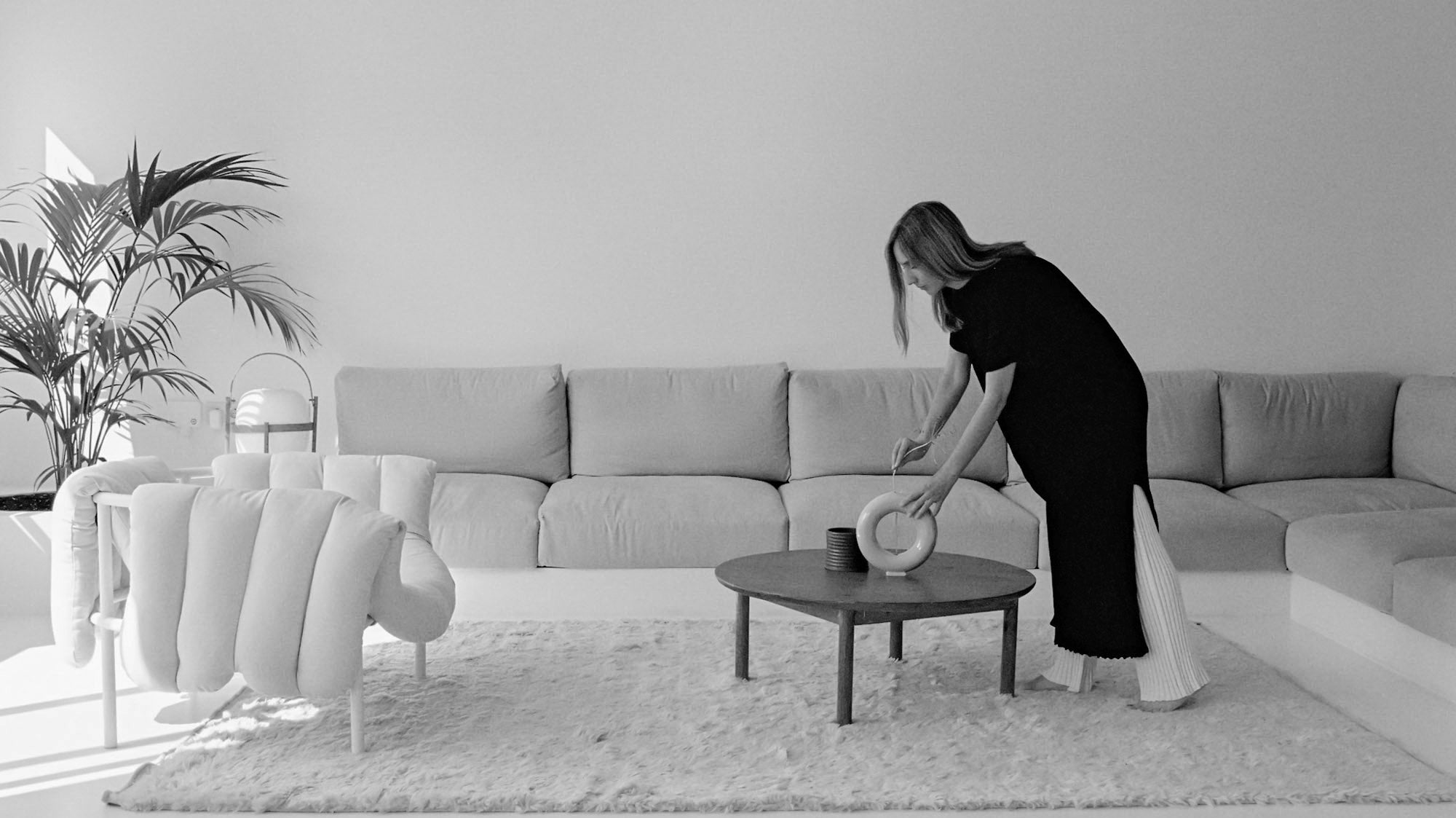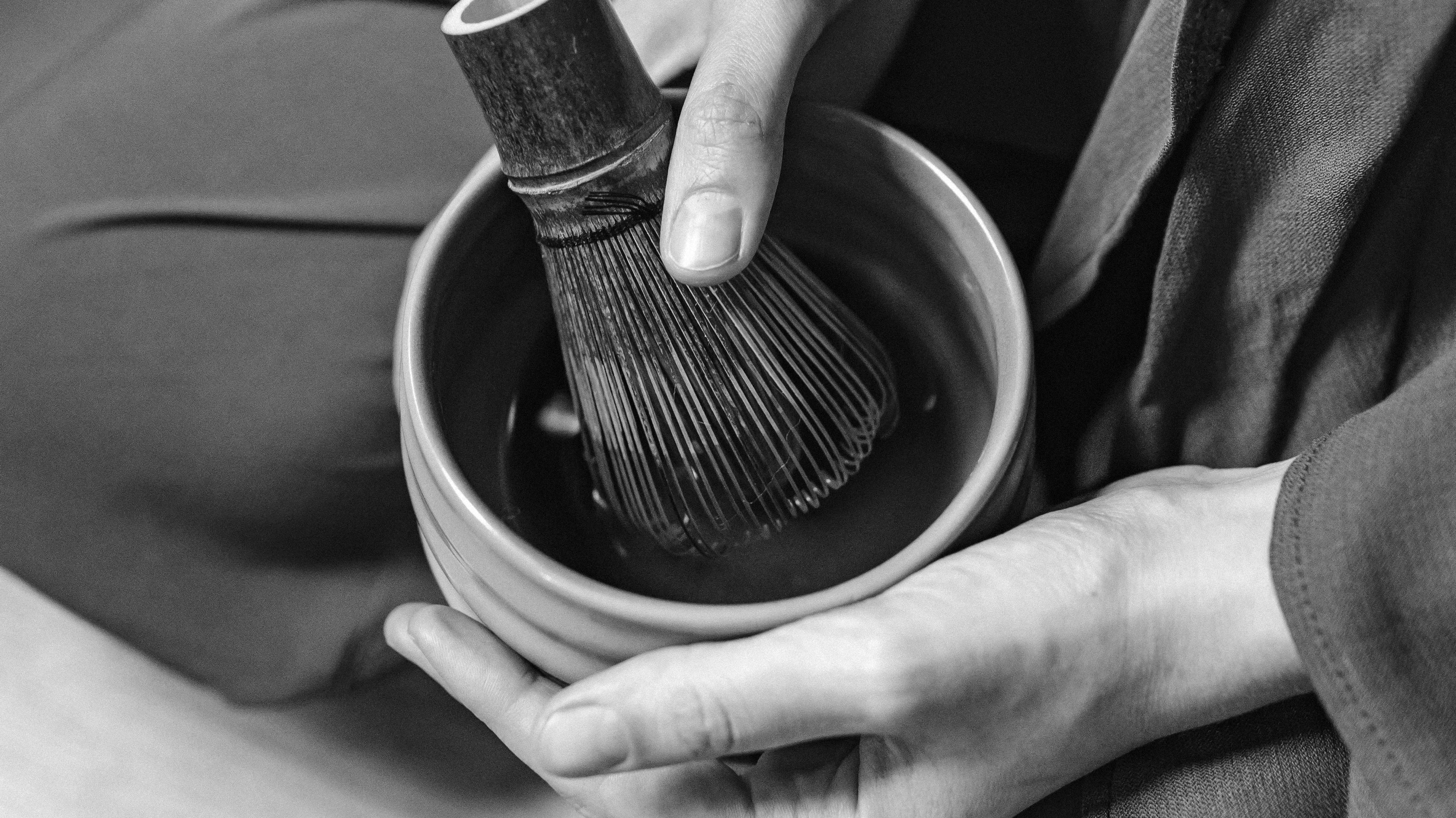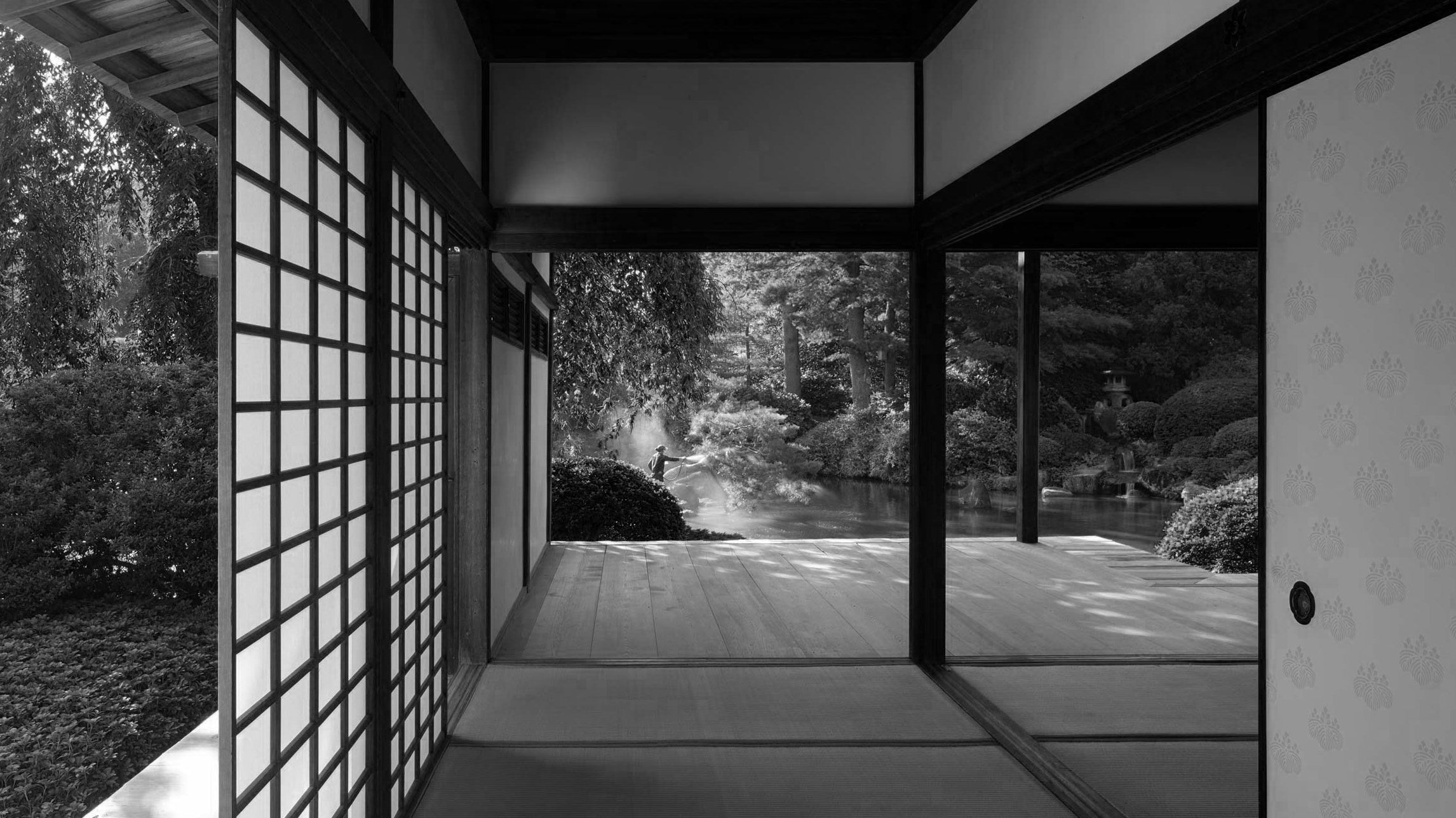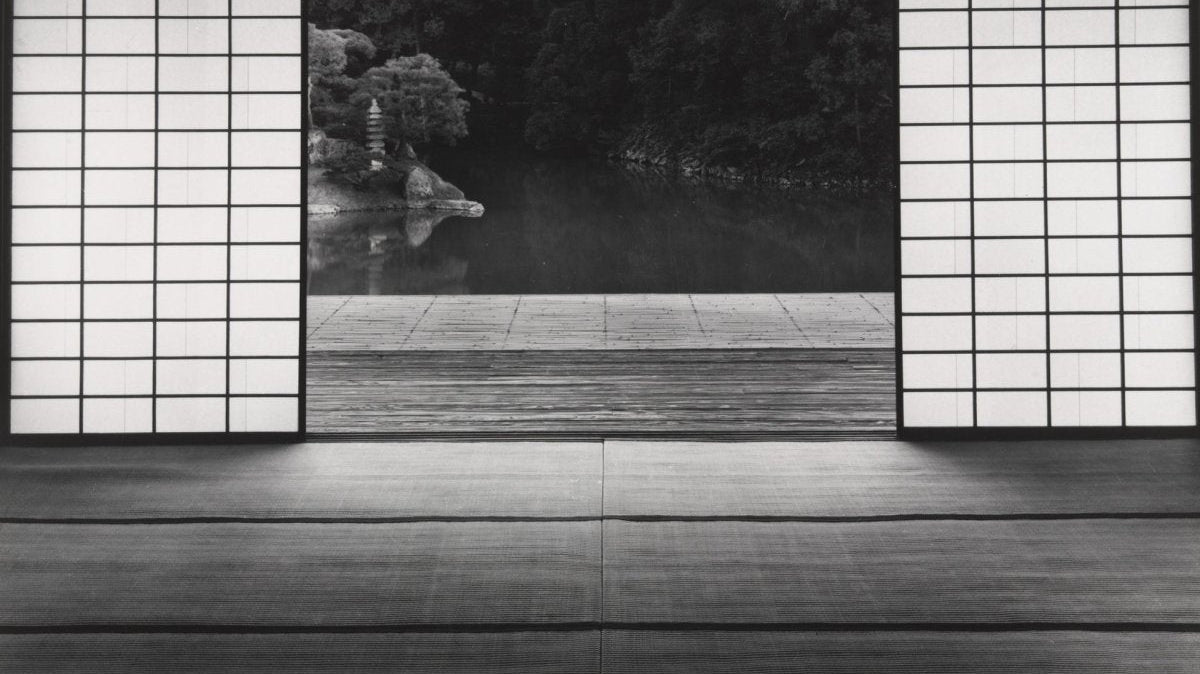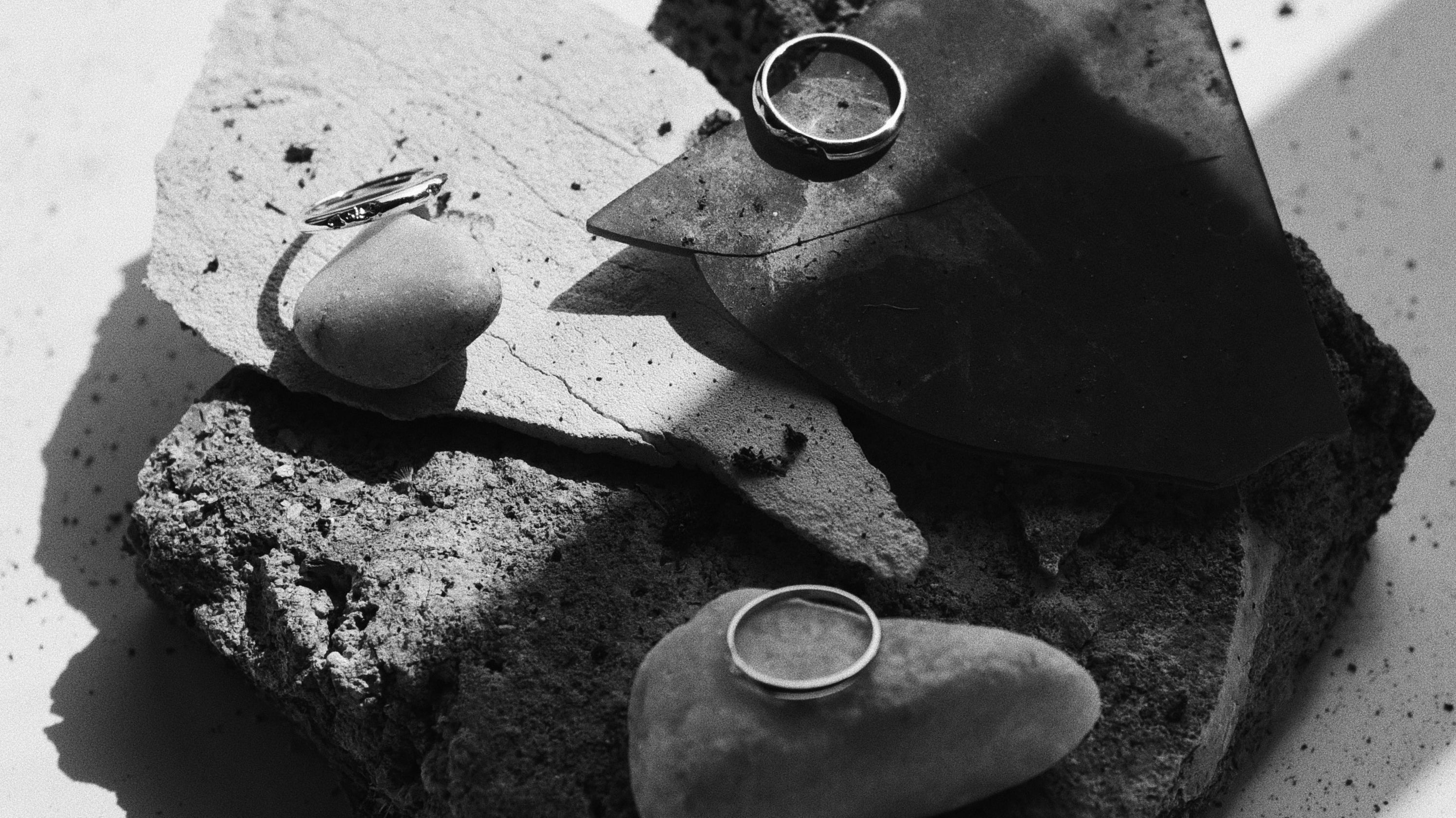Journal
Japanese Design and the Beauty of Shadow
Why does Japanese design value shadow? Shadow in Japanese design brings depth, subtlety, and serenity, reflecting cultural values like Wabi-Sabi and Yūgen.
Japanese Autumn Leaves: Momiji, Koyo, and the Philosophy of Mono no Aware
In this article, we will explore Japanese culture surrounding autumn leaves, how the Japanese celebrate this season, and the philosophy of Mono no Aware.
What is Mottainai? The Meaning Behind the Japanese Philosophy of Sustainability
The term "mottainai" can be roughly translated as the phrase "waste not, want not." However, this translation doesn't fully express its deeper significance.
7 Essential Ikebana Principles for Understanding Japanese Art of Flower Arrangement
In this article, we’ll explore the deeper meaning of Ikebana by examining the seven essential principles that form the foundation of this Japanese art of flower arrangement.
Wabi Sabi Interior Design: Principles, Design Ideas, and Inspiration
Wabi Sabi interior design focuses on authenticity and a deep connection to nature. It values the inherent beauty in simplicity and the natural aging process.
Minimalist Interior Design: Key Principles and What You Need to Know
Minimalist interior design is a timeless style defined by clean lines, uncluttered spaces, and a neutral color palette. It goes beyond aesthetics to reflect a lifestyle focused on simplicity and prioritizing what truly matters.
Japanese Tea Ceremony & the Meaning of Ichigo Ichie (One Encounter, One Chance)
The Japanese tea ceremony, known as chadō, may seem like a traditional ritual centered on serving a drink. In Japan, it has been refined into an art form.
Ma: The Japanese Aesthetic of Negative Space and Time
In Japanese culture, there's a profound concept known as "Ma." It involves appreciating the space between things and helps create balance and harmony in various aspects of life.
Japanese Zen Gardens: Finding Tranquility in Dry Landscapes
Japanese Zen gardens, alternatively referred to as Karesansui, can be found all over Japan and are appreciated for their simplicity and serenity.
What is Wabi Sabi? Embracing the Beauty of Imperfection
Wabi Sabi is a Japanese aesthetic and philosophy that finds beauty in what is natural, simple, and imperfect. It reminds us to appreciate things as they are.

